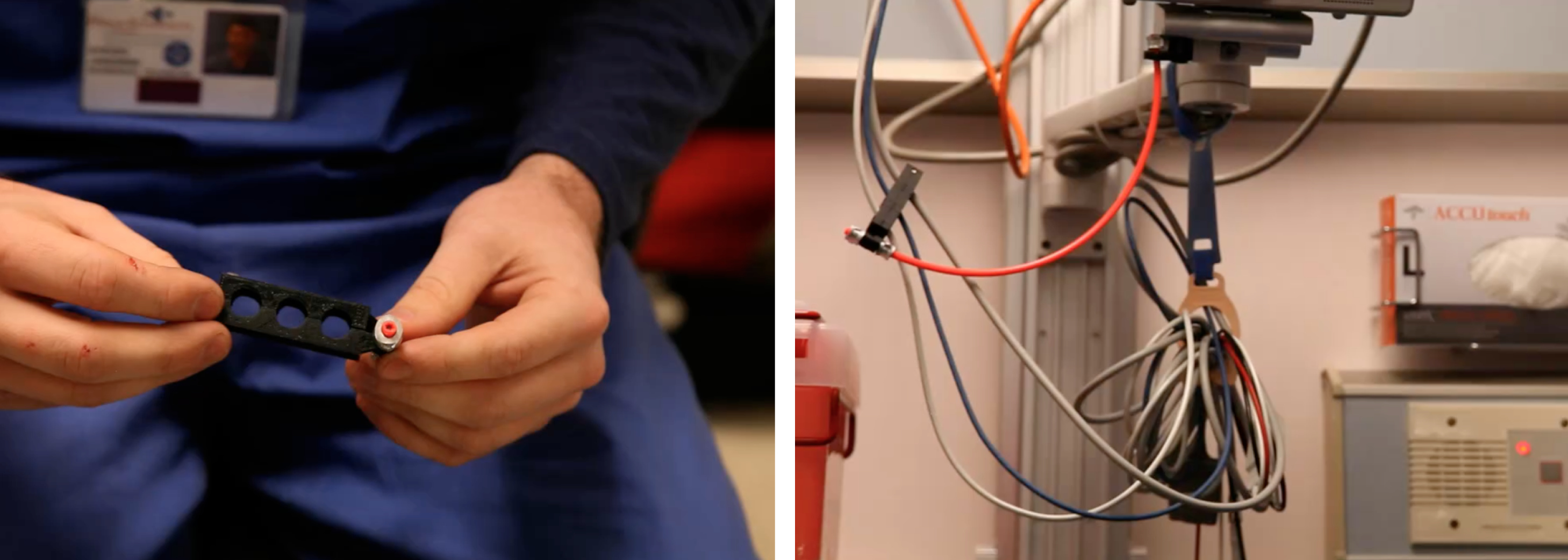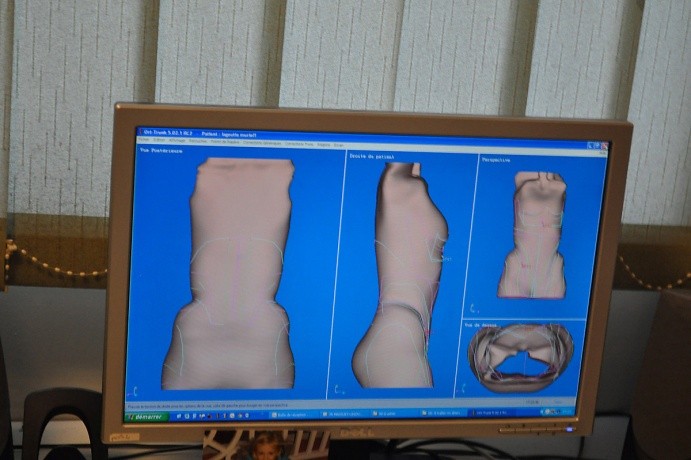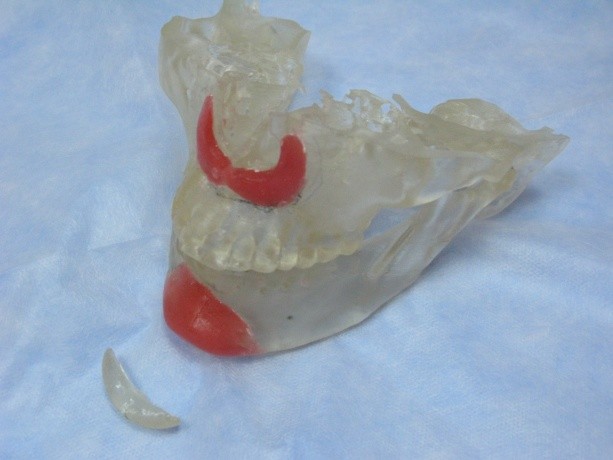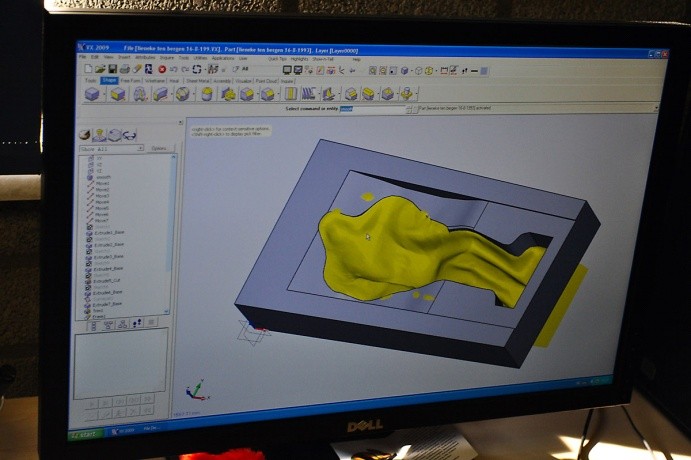Products and Services Used
Summary
Watch the inspiring video to hear how Richard’s project, Robohand, is changing lives with patience, spirit, and a MakerBot Replicator 2.
When Richard Van As, a woodworker in South Africa, decided to make a set of mechanical fingers, it wasn’t just for fun. He’d lost four of the fingers on his right hand in an unfortunate work accident. For a carpenter, a disabled hand is a big professional risk, so Richard decided on the day of the incident that he would use the tools available to him to remedy his situation. Watch the inspiring video to hear how Richard’s project, Robohand, is changing lives with patience, spirit, and a MakerBot Replicator 2.
MakerBot heard about the Robohand project in January 2013. Richard had been trading ideas with Ivan Owen, a collaborator in Washington State, for several months. Ivan used his prior experience with mechanical prop hands to make design suggestions, while Richard attempted to replicate the designs in his workshop.
The process was taking weeks and months per cycle. For us here at MakerBot, that was too much wasted time. We knew our 3D printer, the MakerBot Replicator 2, could take this important work to new heights. We saw their collaboration and the work they were doing as groundbreaking, and we asked Ivan and Richard to accept a donation from us: a MakerBot Replicator 2 for each of them, one in Washington, and another in South Africa.
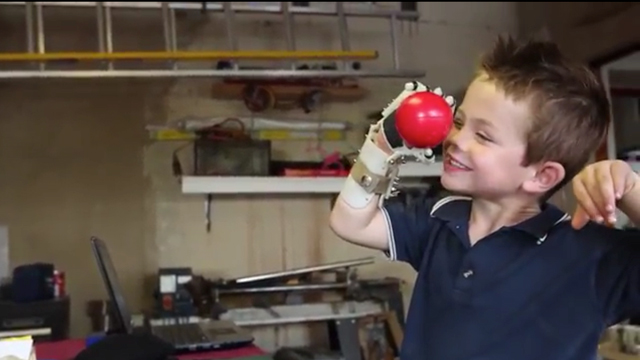
If the tool was useful to them, we hoped they would share their work on Thingiverse.com for the world to download. It turns out the MakerBots were incredibly useful, and the guys have followed through on their promise. Just hours after they received their packages from us here in Brooklyn, the two collaborators were sharing files back and forth, testing the design in one place and doing another iteration on the other side of the world. Richard says it took the prototyping process down from weeks to just 20 minutes.
Robohand has grown far beyond the goal of making a set of fingers just for Richard. When the power of desktop 3D printing and MakerBot entered the picture, Richard began to realize how quickly he could refine a design for other people who have lost their fingers, or who were born without fingers. After posting his own story, he received emails and Facebook messages from parents whose children were candidates for a Robohand of their own. One of these children was five-year-old Liam.
The condition Amniotic Band Syndrome is poorly understood, but the effects of it are pretty clear. Children are often born without extremities, especially fingers and toes, when fibrous bands in the womb prevent these parts from developing normally. It’s this condition that caused Liam to be born with no fingers on his right hand. The cost of purchasing a traditional prosthesis was far too much for the family, especially since Liam is a young and fast growing boy who would outgrow a prosthesis in a few months.
Liam was given a Robohand just days after Richard and Ivan received their MakerBots in January, 2013, and he has already been fitted for his second. The word spread, and other kids in the Johannesburg area like Liam with Amniotic Band Syndrome have received their own Robohands, sized just for them. The files, including the assembly instructions, have been posted online at Thingiverse, and they have been downloaded over 3,800 times by people around the globe.





